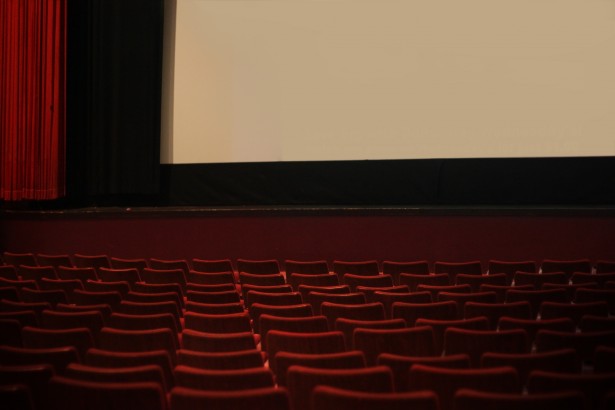As everyone prepares for A Star is Born to sweep the Oscars there’s one category that they can’t take home: Best Supporting Actress. Jezebel came up with a list of ‘contenders’ that I thought was a joke, but isn’t. None of the actresses it lists that the Academy could nominate for Best Supporting Actress have more than a few minutes of screen time and most of them only appear in a single scene.
There are some who may argue the absence of women in the film is because it’s a story about two people in love, but then they’d have to explain to me why it was okay Jackson’s brother is such a big part of it (Sam Elliott’s stunning performance might snag him Best Supporting Actor). There’s others who would argue that the legacy of A Star is Born has had problematic misogynistic elements from the beginning and though they do have a point, the original 1937 A Star is Born was able to pass the bechdel test while the 2018 version doesn’t even come close.
Something else concerned me about the film. Lady Gaga stole every scene she was in, but when I broke down what was happening in the script I came to some unsettling conclusions. Less than 24 hours after they met Ally’s father let’s Jackson into her room while she’s sleeping. If this isn’t a display of the power of celebrity, I don’t know what is. As our current president would say, “And when you’re a star, they let you do it. You can do anything.” I’d guess Jackson’s been getting away with bullshit like this for years. Sure, this is the first time he’s brought a woman on stage with him. Is it the first time he’s had his chauffeur follow one?
In the 1937 version, Esther (this is the first time the character was called Ally) gave an application to shows her a room of switchboard operators that came out to Hollywood wanting to be a star too and warns that it’s only a 1 in 100,000 chance. Esther’s reponse? “Well, maybe I’m that 1.” There’s a lot of disappointment and rejection before and after that scene but Esther never loses her faith in herself and her talents. It’s a stark contrast to the Ally we meet hiding in a drag club, too shy to sing her own songs, discouraged by executives who’ve said she doesn’t have the right look. I understand she sings “La Vie En Rose” because that’s what Bradley Cooper heard Lady Gaga sing when he realized she’s the one for the part. It’s a cute nod to where the actors’ story began, but it’s at the expense of Ally’s strength and in my opinion it wasn’t worth it.
Finally, Ally is in the middle of a tug of war between Jackson and Rez that’s reminiscent of the romantic love triangle we’ve seen a million times over, only these men aren’t fighting over her heart, they’re fighting over her livelihood, which might be even more disturbing. At first Ally resists Rez’s direction. She doesn’t dye her hair, she turns the dancers away, asserting her independent vision. A few scenes later she’s given in. Sure, she didn’t dye her hair blonde like he wanted but she still dyed it a bright orange and perfects routines with the dancers Rez insisted she have. Jackson seems to support her rise after he gets over his initial jealousy, but when he sees how Rez has turned her into a packaged pop star he’s disgusted. Now, is he sickened because she’s selling out or because she isn’t doing what he wants? And a better question, what does Ally want?
I wanted to love this movie. I spent the months leading up to it watching the prior versions, reading all the interviews and fawning over how it was made (did you know the songs were recorded live?). The great part about remaking a movie is that there’s an opportunity to make changes. There’s a new script. There’s new sets. There’re new actors. It’s no surprise to me that the script for this film was written by three men. It’s time for those in Hollywood, especially men, to make a conscious, deliberate effort to consider how marginalized people (women, people of color, LGBTQIA+) appear (or more often, don’t) in their works.


